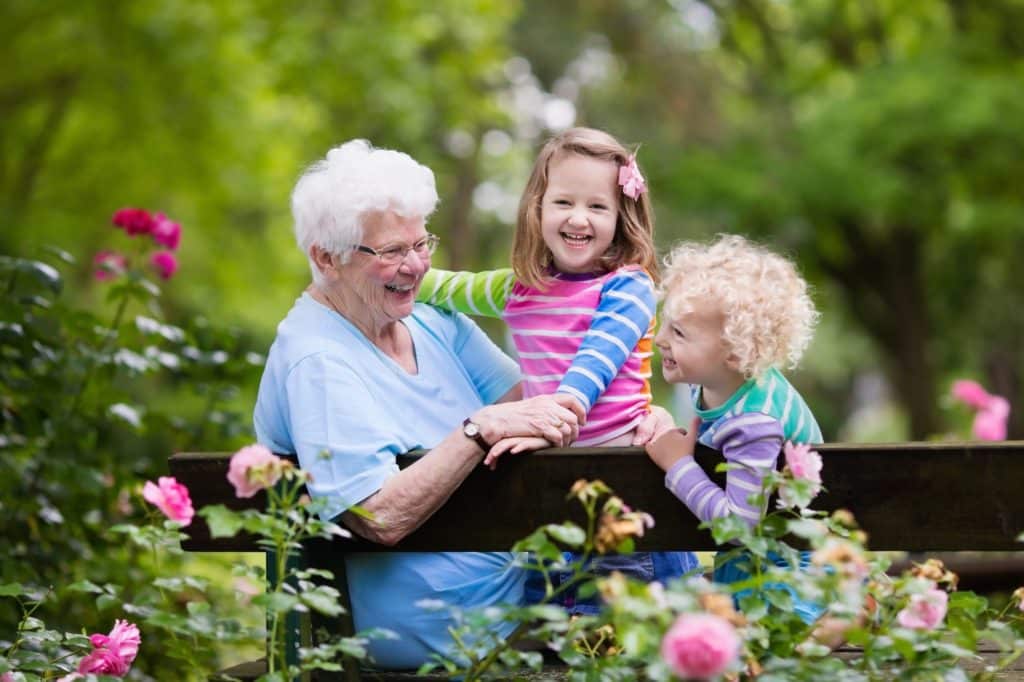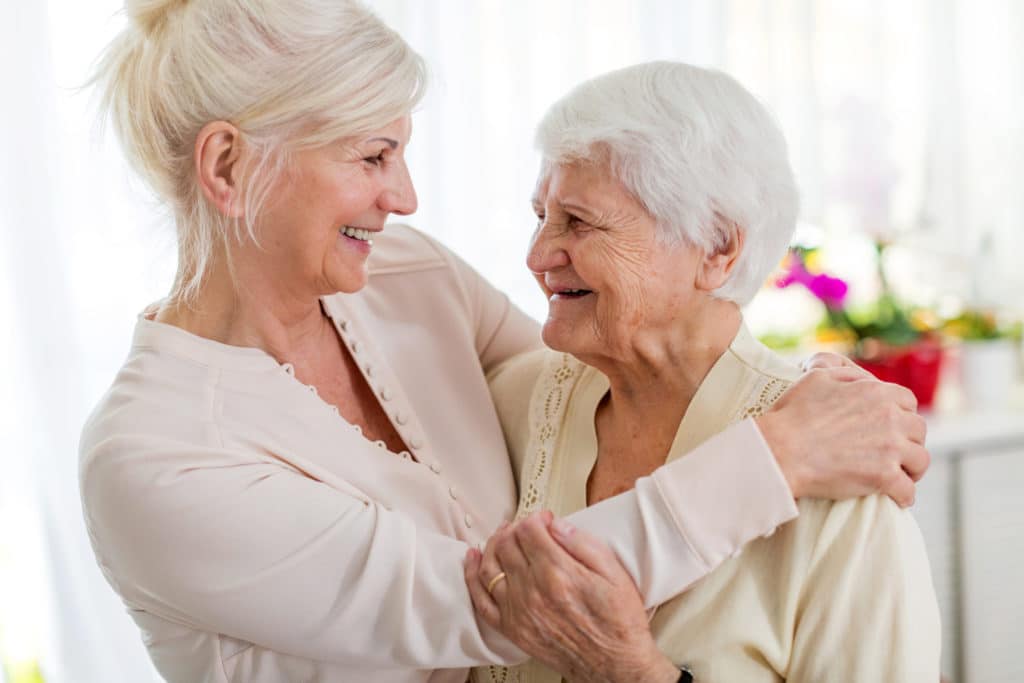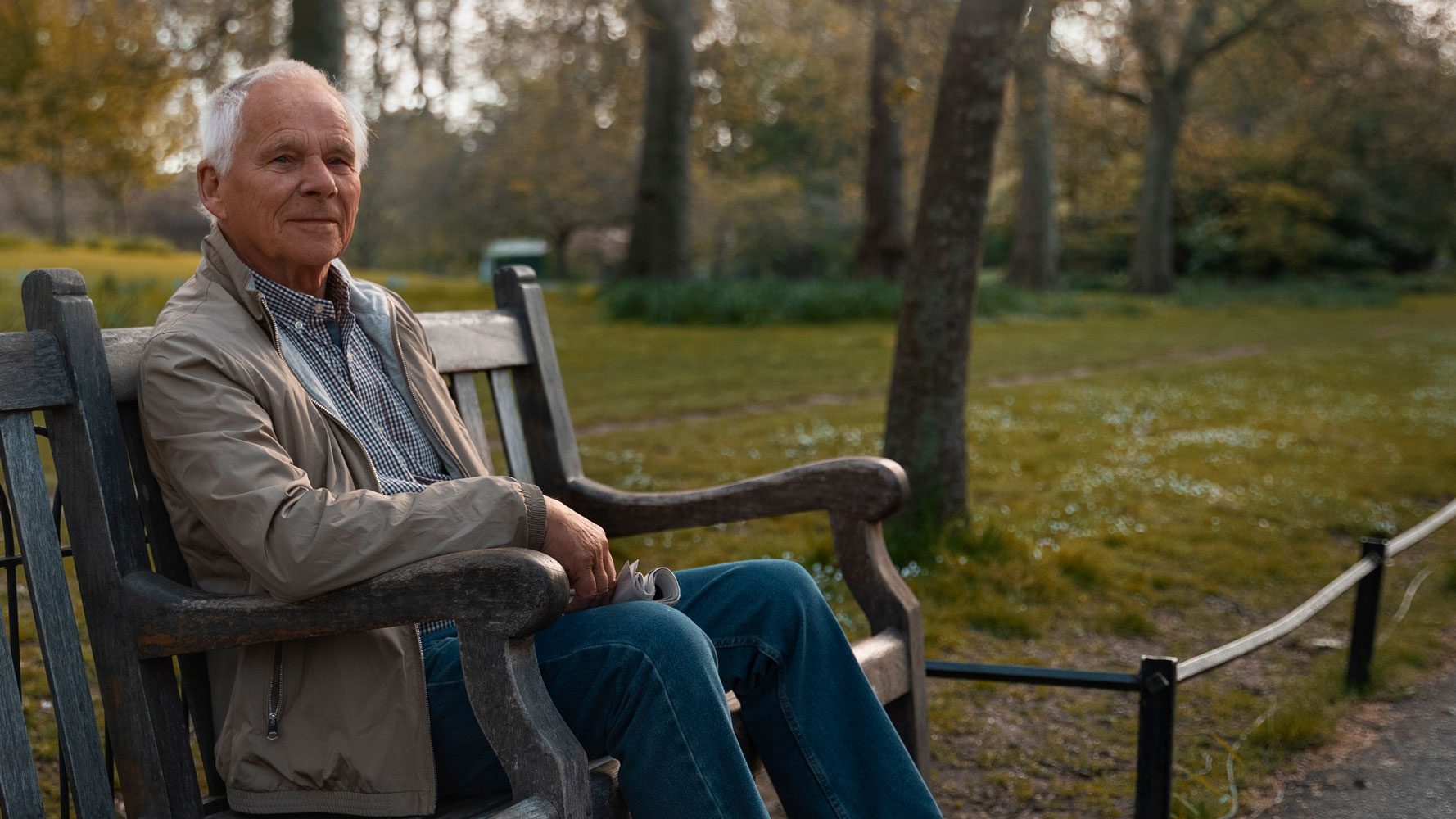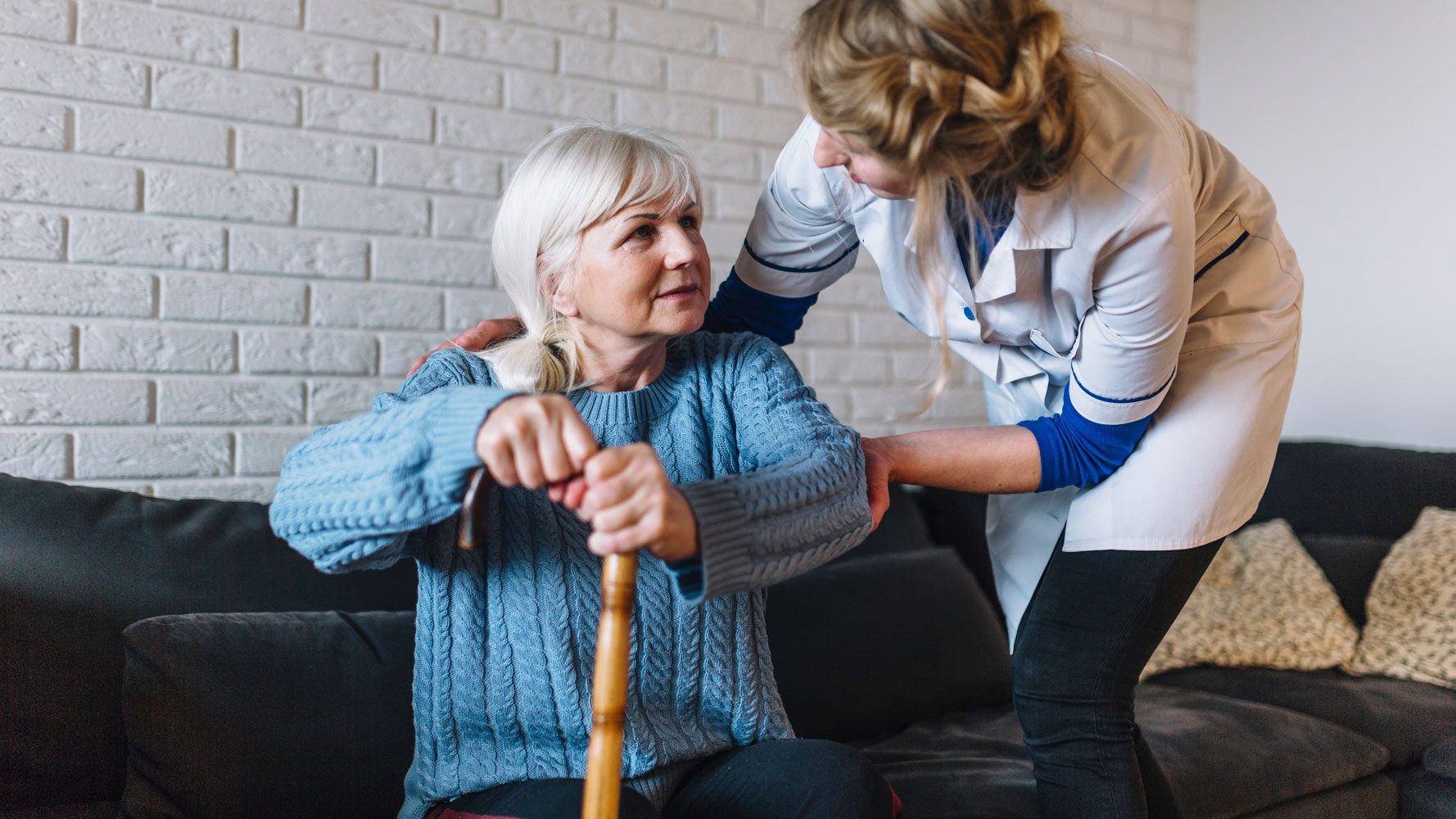
Depression is a serious issue in any age group, but it can be especially difficult to deal with when it affects seniors. It’s important to be able to recognise the signs of depression in the elderly in order to provide the necessary support.
If you’re concerned your loved one is experiencing depression, here are some warning signs to look out for and steps to help you find a way forward.
What is depression?
Depression is more than just feeling a little sad now and then. It is a severe and debilitating condition estimated to affect between 10 and 15 % of Australians over the age of 65.
Depression seriously affects quality of life in almost every way. Any number of factors, including genetics, can cause it. People with seemingly happy and perfect lives can suffer from depression as well as those who are going through more difficult times.
Sometimes, a change in circumstances or the passing of time can alleviate depression, but it often requires more significant interventions to get back on track.
The good news is there are many interventions that can help treat and prevent depression.
Depression in the elderly
Depression is prevalent in all demographics and it is estimated that one in seven Australians suffer from depression at some time in their life. However, it can be particularly prevalent in the elderly and often goes unreported.
Older Australians are subject to depression triggers that aren’t relevant to the younger population.
- Age discrimination: At least a quarter of Australians over 50 are estimated to have experienced some form of age discrimination. This discrimination can be disheartening and a severe blow to self-worth and self-esteem. In turn, stress levels rise and then the chance of depression. Age discrimination is even worse for older women, who tend to be more deeply affected.
- Stigma: Older Australians are more likely to carry outdated beliefs around mental health issues. This makes them less likely to seek treatment and more likely to suffer in silence.
- Medication: Some medication can have side effects that leave the user feeling depressed. In some instances, age can be a factor in making these side effects worse
- Money: In Australia, women are likely to retire with less superannuation than men. This may put older women in a position of stress that can lead to depression.
- Involuntary or unexpected job loss: The unwanted loss of employment for older Australians is a significant contributor to mental health issues.
- Declining faculties: Everyone loses some degree of mental and physical agility later in life. This loss can be a depression trigger in many individuals.
- Loss of a life partner: While this can happen at any age, it is more common in the elderly.
- Caregiving for a partner: Many elderly people find themselves caring for a partner who is in a less able state, which can be very difficult.
- Social isolation: Losing a social network can be a distressing part of growing older.
Other factors include fear of dying and worries of being a burden to family. Elderly people also experience a sense of worthlessness or a general lack of interest in life.
Recognising depression in the elderly
Depression presents itself in a number of ways. Beyond Blue lists four areas in particular where symptoms appear:
- Behavioural
- Thoughts
- Feelings
- Physical
Behavioural symptoms of depression
Behavioural symptoms are usually the easiest for an outsider to recognise. They can include:
- Avoiding anxiety-inducing things or situations
- Ritualistic behaviour (intended to stave off anxiety)
- A lack of assertiveness
- Trouble with decision making
- Being startled easily
Difficult thoughts
Depression in the elderly can cause uncomfortable and intrusive thoughts in your loved one similar to these:
- “I’m going crazy.”
- “I can’t control myself.”
- “I’m about to die.”
- “People are judging me.”
They might also find themselves having upsetting dreams and flashbacks to unpleasant events from the past. All of this can also result in persistent worrying, rumination, and unwanted thoughts.
Many people put these experiences down to ‘getting older’. However, this isn’t necessarily the case; they may be linked with depression.
Depression-related feelings
You may be able to spot some of these feelings in your loved one. Otherwise, it might be necessary to discuss how they are feeling to see if any of the following are evident:
- Feeling overwhelmed
- Fear (most evident around certain objects, situations or events)
- Continual worry over physical symptoms (ie: fearing there is an undiagnosed medical problem)
- A feeling of dread (fearing something bad will happen)
- Being constantly tense or nervous
- Uncontrollable or overwhelming panic
It is normal for people to have these feelings from time to time but when they interfere with daily life or refuse to subside, it’s time to reach out for support.
Physical symptoms of depression
Because depression is so insidious, it even presents itself in physical symptoms. The following could be a sign that your loved one is suffering from depression:
- Increased heart rate/racing heart
- Vomiting, nausea or pain in the stomach
- Muscle tension and pain
- Feeling detached from your physical self or surroundings
- Having trouble sleeping
- Sweating, shaking
- Dizzy, lightheaded or faint
- Numbness or tingling
- Hot or cold flushes
Note that these could also be signs of other issues. A medical professional is your best point of contact if you’re trying to figure out if an emotional issue is behind physical symptoms.
The depression sufferer
Elderly Australians who suffer from depression are likely to have impaired quality of life.
Depression sufferers:
- Lose any joy in life and often don’t want to get up and participate in any activities
- Tend to be lethargic and detached
- Sleep poorly even though they seem to do little else
- Have trouble focusing and paying attention
- Neglect everyday chores and necessary tasks
Living with depression strips life of any joy. At its worst, it also involves suicidal ideation. No Australians of any age should live this way without intervention.
Supporting a loved one with depression
Depression in the elderly is not a choice or a result of someone being unwilling to cheer up. It is a clinical condition that requires treatment.
There is no shame in experiencing mental health issues, which should be approached in the same way as a physical ailment; as a problem that can be treated and improved with the the right care and treatment.
If you suspect your loved one has more than a case of ‘the blues’ and requires intervention to alleviate depression, find a way for them to speak with their GP. They may recommend medication or suggest a mental health plan that can plot a path to recovery.
Non-medical intervention
Outside of medical intervention, family members can do many things to help prevent or reduce depression in the elderly.
- Visit often: Loneliness can be a very significant depression trigger. Whether your loved one is in aged care or living in their own home, visit whenever possible and reach out by telephone regularly.
- Arrange activities: Staying active and involved does wonders for the mind. At the very least, it can ease rumination for the duration of the activity.
- Get out and about: A change of scenery can brighten up any day. When you can, take your loved one for an outing, even if it’s only a walk around the block.
- Encourage exercise: One of the best ways to treat and prevent depression, regardless of age, is exercise. Of course, this depends on mobility but try to encourage movement wherever possible. A physiotherapist or occupational therapist can recommend suitable activities.
- Monitor their diet: Diet can play a role in depression too. A diet deficient in proper nutrients can exacerbate the condition. Talk to your loved one’s GP or nutritionist and ensure they are eating a good blend of nutritious food. If they live in care, they should receive meals that suit their needs.
- Encourage them to express their emotions: You can keep a keen eye out for signs, but often, if someone doesn’t want you to know, they will hide it from you. Try to let your loved ones know they are free to express their emotions and should tell you if anything is wrong.
Depression in aged care facilities
The transition to aged care can sometimes trigger depression due to the change in surroundings and lack of autonomy. Quality care facilities are aware of this and do what they can to recognise if someone is depressed and support their needs accordingly.
If your loved one is in a quality centre, there will be activities to keep them busy and entertained. Events and healthy, balanced meals will reduce symptoms of depression. There will also be a team of medical professionals who have each individual’s mental wellbeing in mind as well as their physical health.
All the same, some problems can go unnoticed, especially when someone is reluctant to speak up. If you feel like your loved one is suffering from depression, don’t hesitate to speak to the staff at their facility. It shouldn’t be difficult to work out an action plan together.
Visit the largest aged care reviews website at https://agedcarereviews.com.au/ to find helpful reviews of facilities near you.
Helping fight depression
Depression is common in seniors, but it is treatable. Aged care facilities are aware of how to recognise and reduce the symptoms of depression in their residents. If you are looking for an aged care provider, make sure to ask about their approach to depression and whether they have any programs in place to help those who are suffering from this condition.
For more information on depression in general, visit Australia’s leading depression and anxiety program, Beyond Blue.
Aged Care Decisions provides assistance to families at every stage of the aged care or home care journey. We work with over 1200 facilities and assist over 6000 families every month, 100% free of charge.







